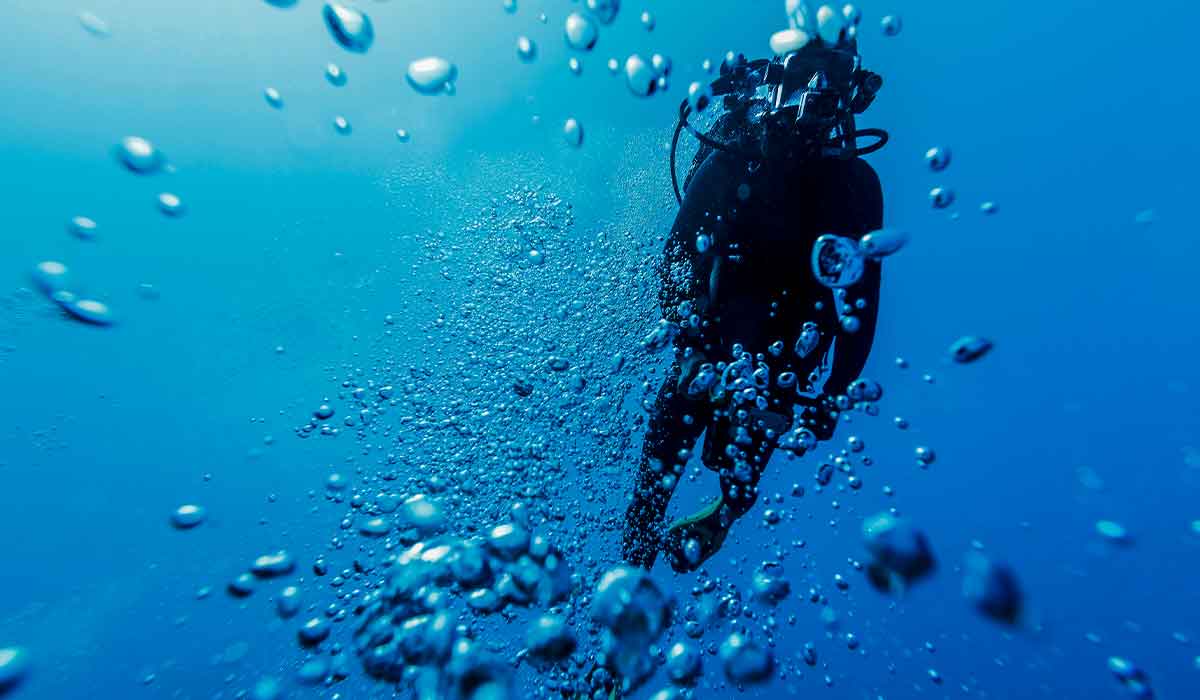Please define heart seizure. I am not familiar with this terminology.What is the common reason for divers having heart seizures underwater?
Best regards,
DDM
Welcome to ScubaBoard, the world's largest scuba diving community. Registration is not required to read the forums, but we encourage you to join. Joining has its benefits and enables you to participate in the discussions.
Benefits of registering include
Please define heart seizure. I am not familiar with this terminology.What is the common reason for divers having heart seizures underwater?
On what training, knowledge or experience are you basing this statement?Which is caused because they were stupid.
Although a joint PADI/DAN study did suggest that a rapid, panicked, breath-holding ascent to the surface is the most action-related cause of death while diving, you have misidentified the reason. It has nothing to do with air entering the blood stream.
The problem is that the air in the lungs expands rapidly in accordance to Boyle's Law. Air in a flexible container (like the lungs) at 33 FSW will double in volume when it reaches the surface. The last 1-15 feet is when the greatest expansion occurs. This can cause a number of different lung overexpansion injuries, the most dangerous is an embolism, a bubble in the blood stream that acts as a clot would. It can cause a very quick death.
On what training, knowledge or experience are you basing this statement?
Best regards,
DDM
Alveoli in the lung are ruptured, and air bubbles go out into several possible locations. Here is a DAN article explaining it.Is it from air emerging from the blood?

Heart attacks have nothing to do with intelligence. They are also not caused by a panicked ascent to the surface, as noted above.Most of the ones that I've reviewed, the evidence clearly pointed to panic, and stupidity.
On a level that any open water Diver should be able to understand.
None of the ones I've seen, treated, evaluated, studied or reviewed over nearly 35 years in Navy diving, diving medicine, and accident analysis were related to stupidity. This is the type of thinking and judgemental talk that (a) has no place in a learning zone and (b) actually detracts from diving safety. If you'd truly reviewed accidents from a human factors perspective, you would understand this. Kindly review the rules of the learning zone.Most of the ones that I've reviewed, the evidence clearly pointed to panic, and stupidity.
On a level that any open water Diver should be able to understand.
Getting killed by a freeflow, well within NDL, on an easy rec dive, has occurred multiple times locally. It's especially sad, because they were in no danger at all.
John, the original topic was on pressure and diving. I have no idea where the heart seizure question came from and the member hasn't expanded on it.Heart attacks have nothing to do with intelligence. They are also not caused by a panicked ascent to the surface, as noted above.
Most heart attacks happen during the early morning hours, often while eating breakfast, and the second most common time is at night. If you happen to have a heart attack while diving, it would be rare for it to be associated with panic.
What happens when you have a heart seizure?Please define heart seizure. I am not familiar with this terminology.
Best regards,
DDM
